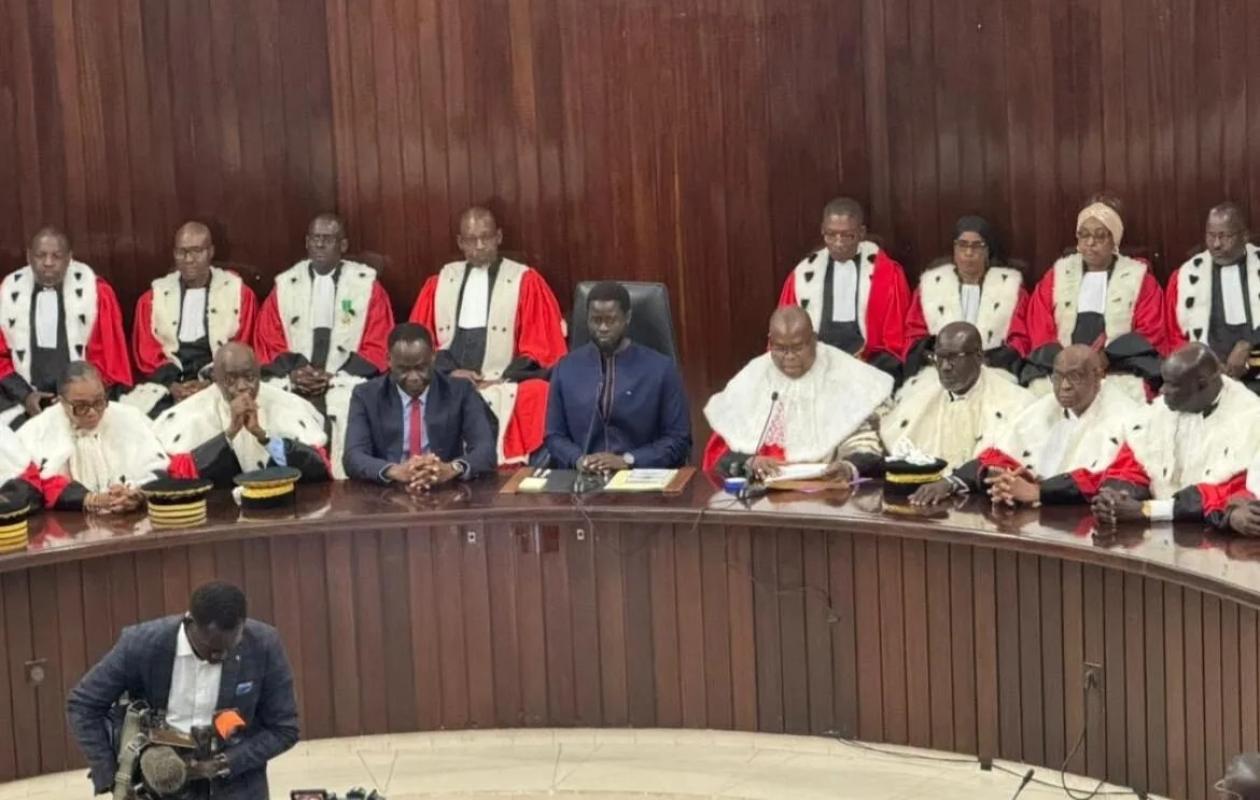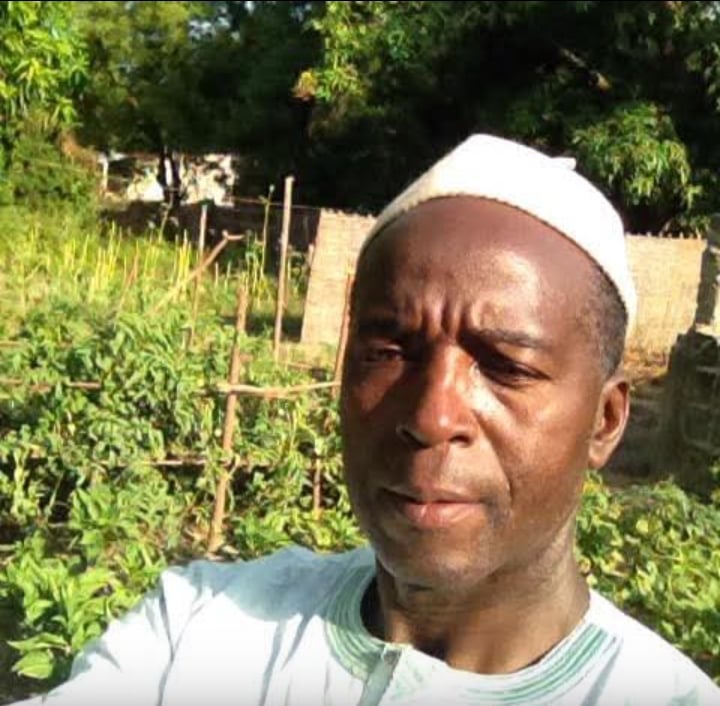
Des non-magistrats au CSM : La société civile de Sédhiou dit niet
Sankoung Faty, a retired gendarmerie colonel and regional coordinator of civil society organizations in Sédhiou, is categorically opposed to the High Council of the Judiciary (CSM) being open to non-magistrates.
"We reiterate here the expression of our disagreement with the idea of opening the High Council of the Judiciary to non-magistrates, even more so, under the (fallacious) pretext of 'fighting corporatism'. There was never any question of corporatism in the establishment of the CORED for journalists. This body is, with a few differences, for journalists, what the CSM is for magistrates, just as what the UMS is for the latter, what the SYNPICS is for journalists. There was never any question, either, of corporatism for the various other professional bodies responsible, among other things, for ensuring discipline, respect for the ethics and professional conduct of their professions such as the order of lawyers, that of doctors and certified experts," he wrote.
For the representative of civil society, the management of discipline and professional careers is an internal matter for the bodies concerned without prejudice to the power of appointment to civil and military functions of the President of the Republic, where applicable.
On the other hand, he explains, to respond to the national interest of shared management of the problems of functioning of justice in general, the establishment of a High Council of Justice (HCJ) was proposed to the various national consultations, which would have an inclusive composition of all the judicial professions and expertise in legal matters. This is an opportunity to recall our other proposal relating to the judicial organization taken from the deputy Amadou Ba of PASTEF.
It consists, he continues, of detaching the public prosecutors' offices from the organization of the criminal courts, to attach them to their supervisory ministry, that of Justice. As a result, with the institution of the judge of liberties, they will be relieved of what has until now been the cause of all abuses in matters of preventive detention, in favor of this judge of liberties.
At this level, Sankoung Faty indicates that he had suggested the establishment of an appeal procedure allowing all parties to have the first decision of transfer or maintenance in particular preventive detention judged in a second instance, this time collectively.

Commentaires (6)
Personne ne peut raisonnablement s’opposer à cela
La question de l’indépendance de ces organisations elles mêmes est un autre débat
Mais il est idiot de faire du CSM un organe avec uniquement des magistrats et deux politiques
Participer à la Discussion
Règles de la communauté :
💡 Astuce : Utilisez des emojis depuis votre téléphone ou le module emoji ci-dessous. Cliquez sur GIF pour ajouter un GIF animé. Collez un lien X/Twitter ou TikTok pour l'afficher automatiquement.